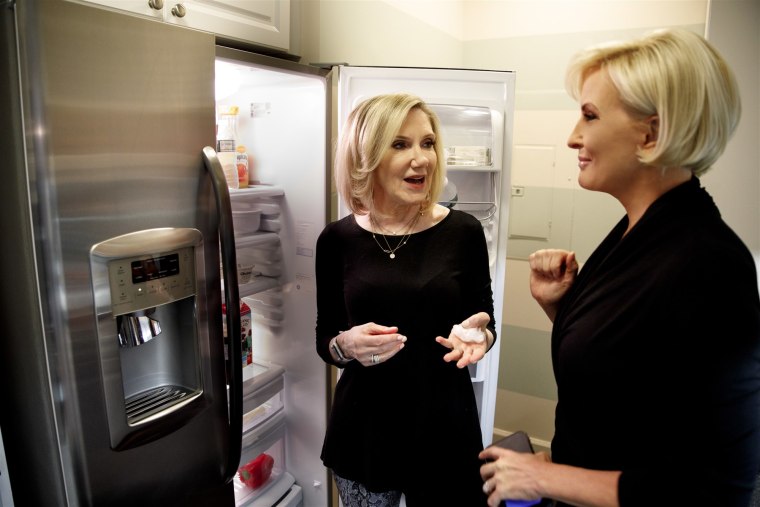When it comes to losing weight, one basic fact has never changed: good support makes the effort easier and more sustainable.
A “diet buddy” or group support helps many stick to their goals. But there’s a flip side to this concept — “food frenemies”
If you’re fortunate enough to have total support for your healthy living efforts, that’s great! But often, there are people who aim to sabotage — sometimes intentionally — your best efforts, for reasons totally unrelated to you. Food frenemies are those friends or relatives who encourage you (gently or not) to get off track, especially when you are feeling vulnerable.
That’s a lot different from “accidental” sabotage, which happens once — and is often well intentioned. For many people, food is love, and the concept of “rewarding” yourself or others with food is a hard one to break. Once you make those around you aware that food is no longer a reward to you, and you’re trying to stay on track, that problem is solved – unless it’s a food frenemy!
Food frenemies often feel uncomfortable around friends making a healthy eating effort, when they’re not. Sometimes it’s because they feel they should be doing more, that they have no self-control, or are even a “bad person.” And one easy response is to encourage others to get off track, so the pressure is off them.
Raise your awareness, and double your resolve when you’re around those who persistently make suggestions like these:
1. “It’s okay to order whatever you want tonight, you’ve been so good.”
2. “You’ve been working out so hard, you’ve already burned off the extra calories.
3. “I brought your favorite dessert to reward you for your efforts all week.”
In my clinical practice, I’ve heard these and similar comments reported from patients so many times. I particularly recall one woman whose group of “friends” she would often dine with told her “she was no fun at restaurants anymore.” That was because she ordered a salad instead of the onion loaf appetizer and wanted to split one dessert among four people. When she realized why this was happening, she changed her own behavior, and chose non-food activities with that group of women.
Finding the right kind of support is an essential part of any healthy eating plan.
Here are some other solutions:
1. Calmly explain that you appreciate encouragement, and food is okay — but not treat foods. Suggest food gifts like a container of berries, a fancy vinegar or spice.
2. Don’t argue with a “food-pusher." Just because it’s put on your plate, you don’t have to eat it. You can use your own “one bite” rule and stop at that.
3. Meet new people who do not have a focus on food — like in an exercise or art class, or in a book club.
4. Be public about the non-food rewards for your efforts to give other people more ideas — like a manicure, facial, makeup, or concert ticket
Madelyn Fernstrom, Ph.D. is the NBC News Health Editor. Follow her on Twitter @drfernstrom.
